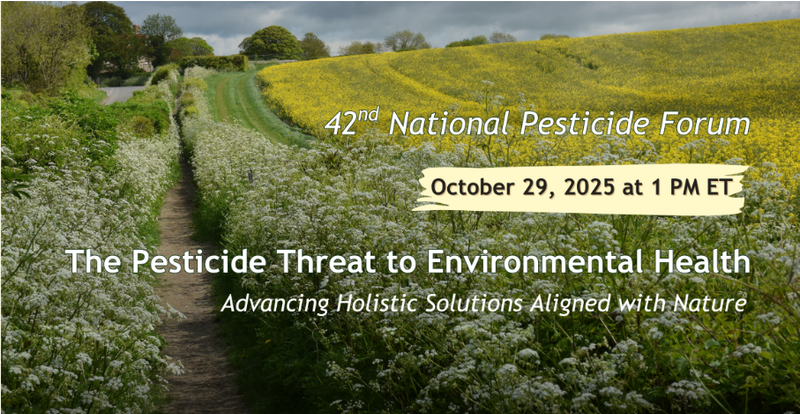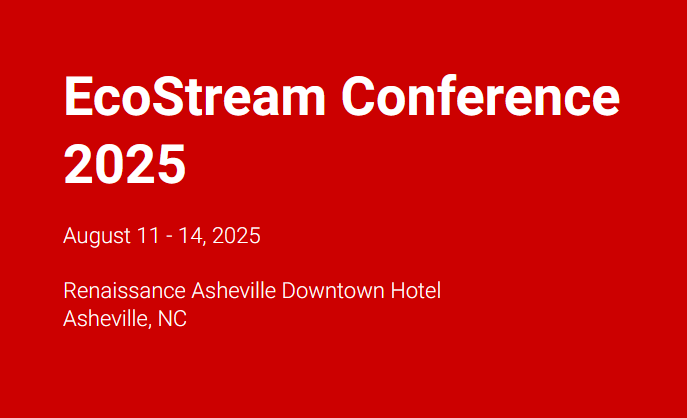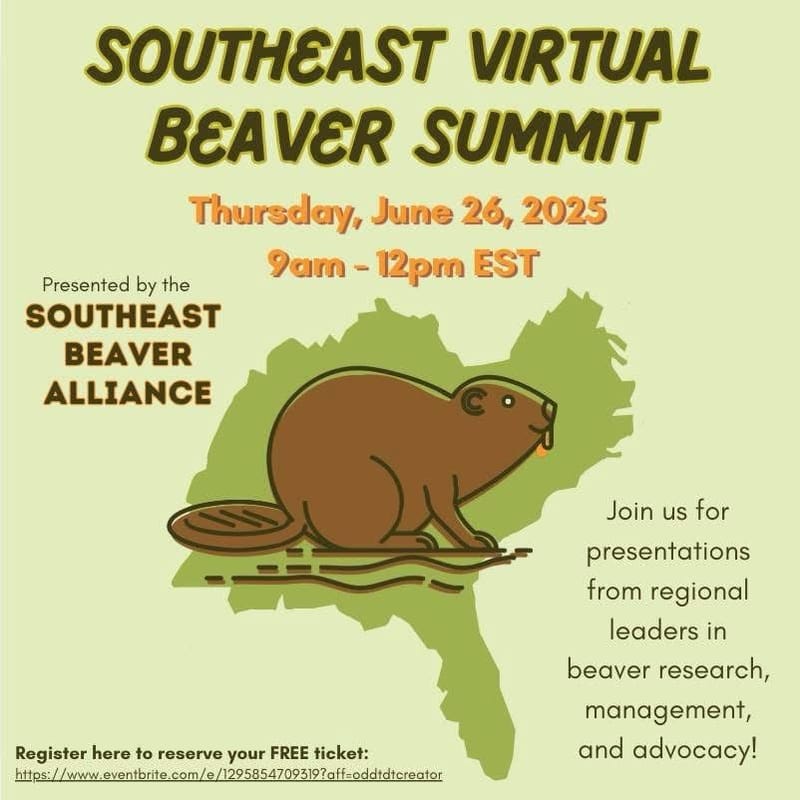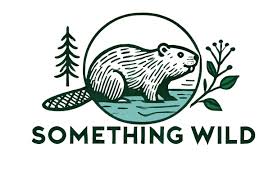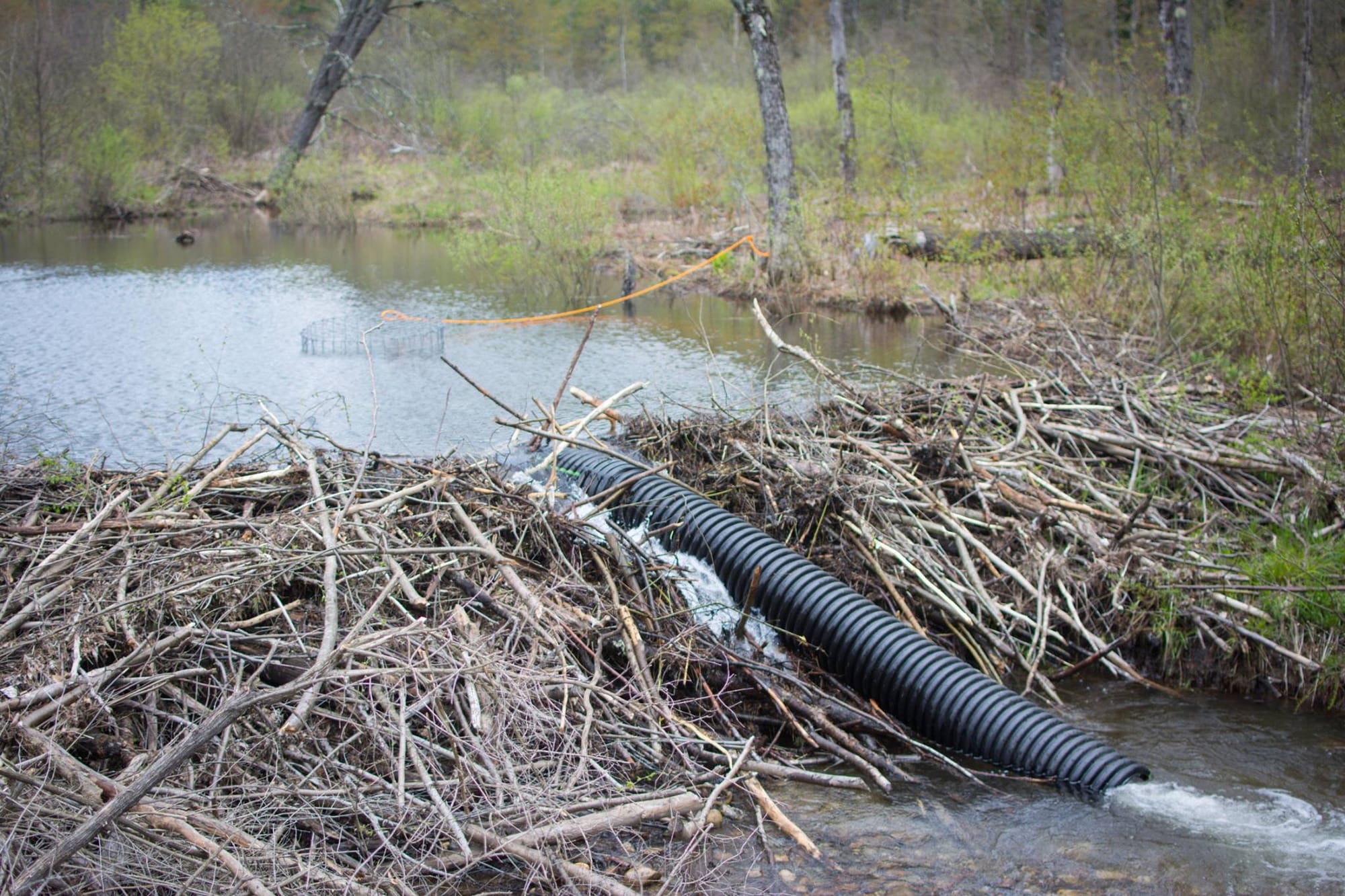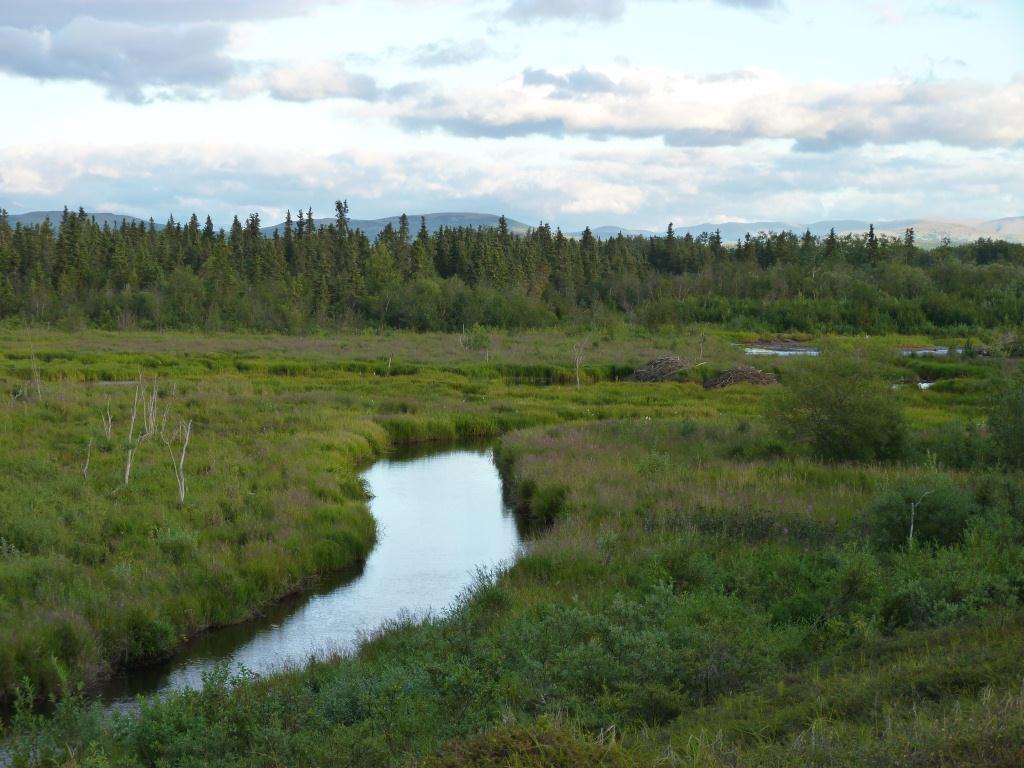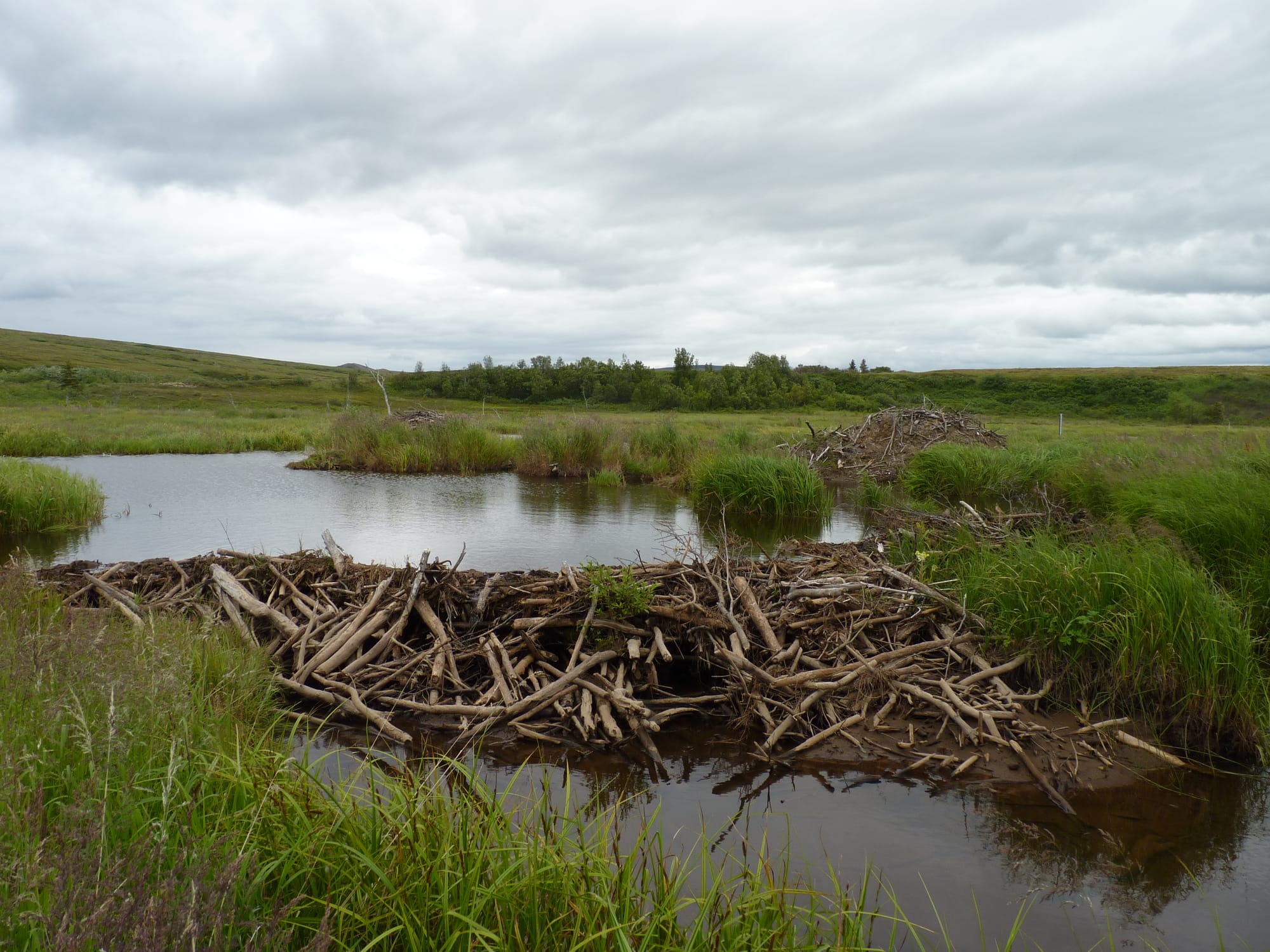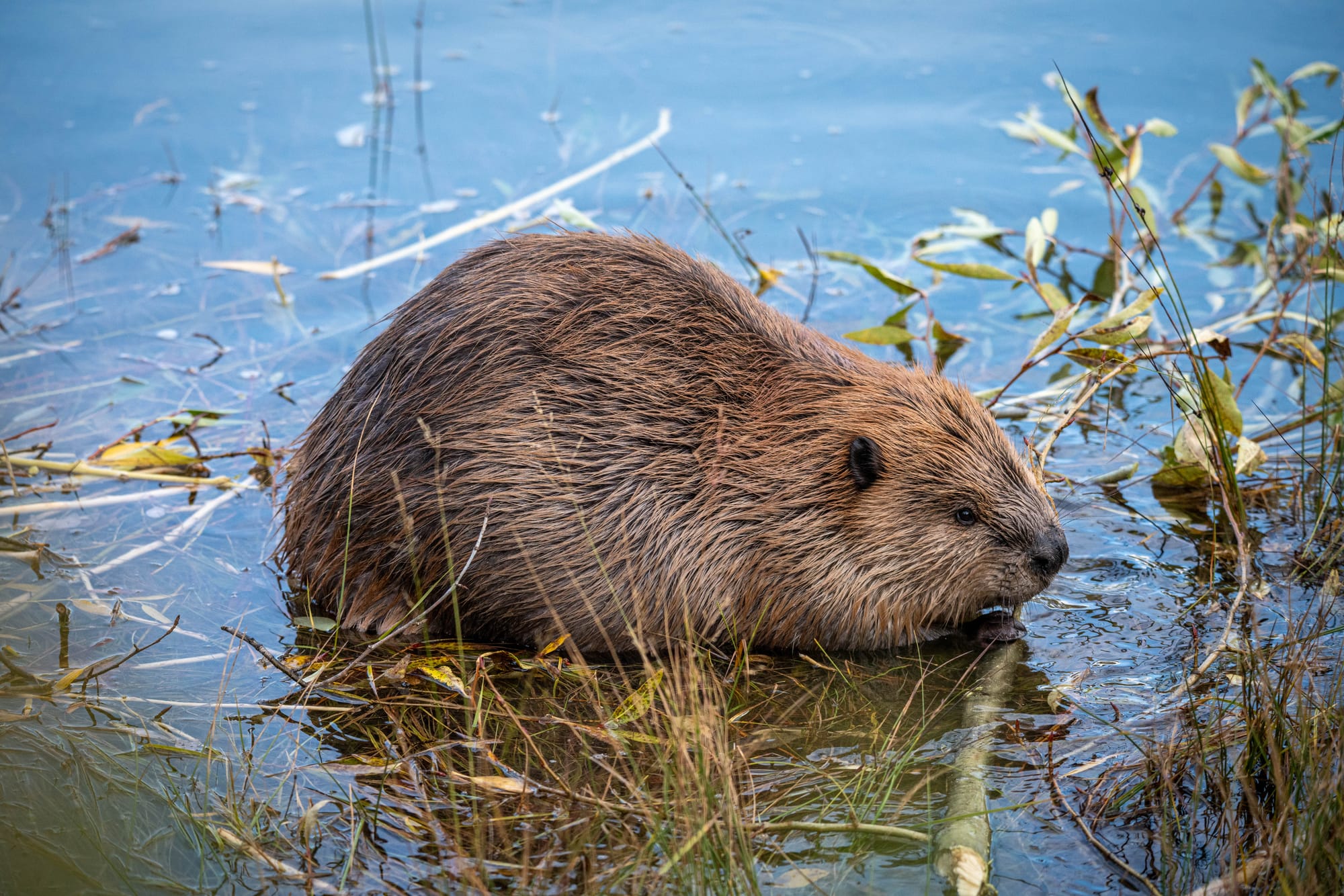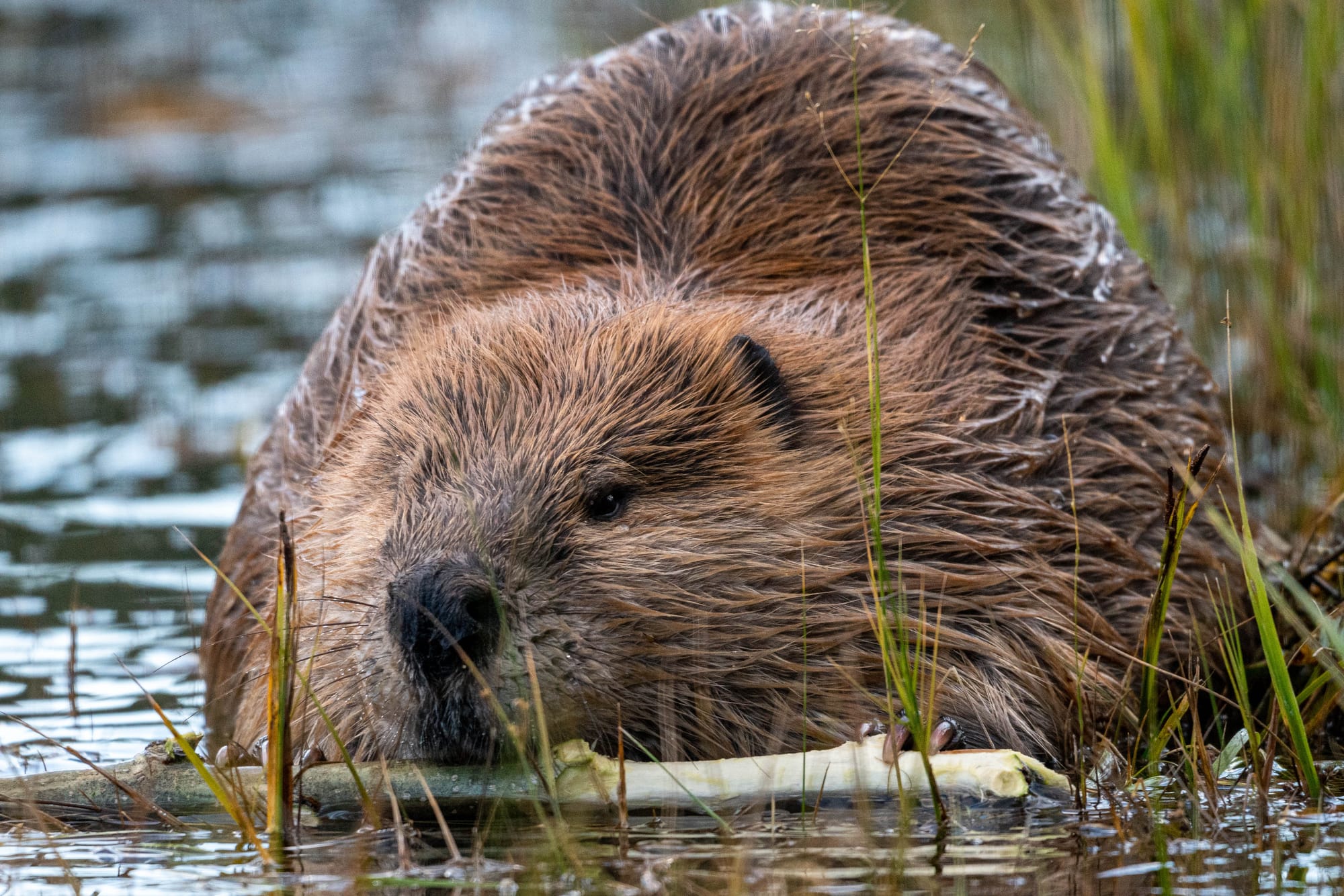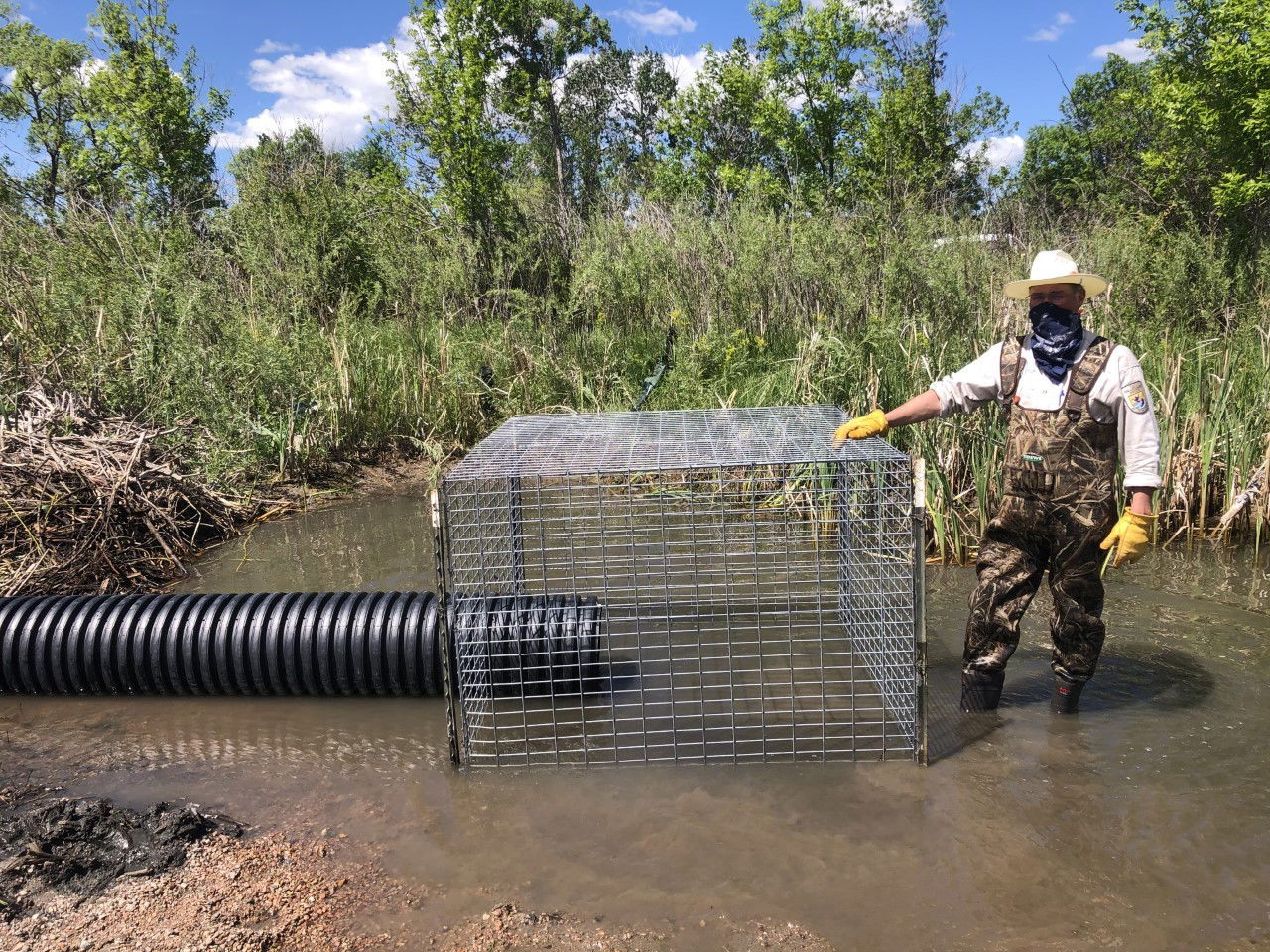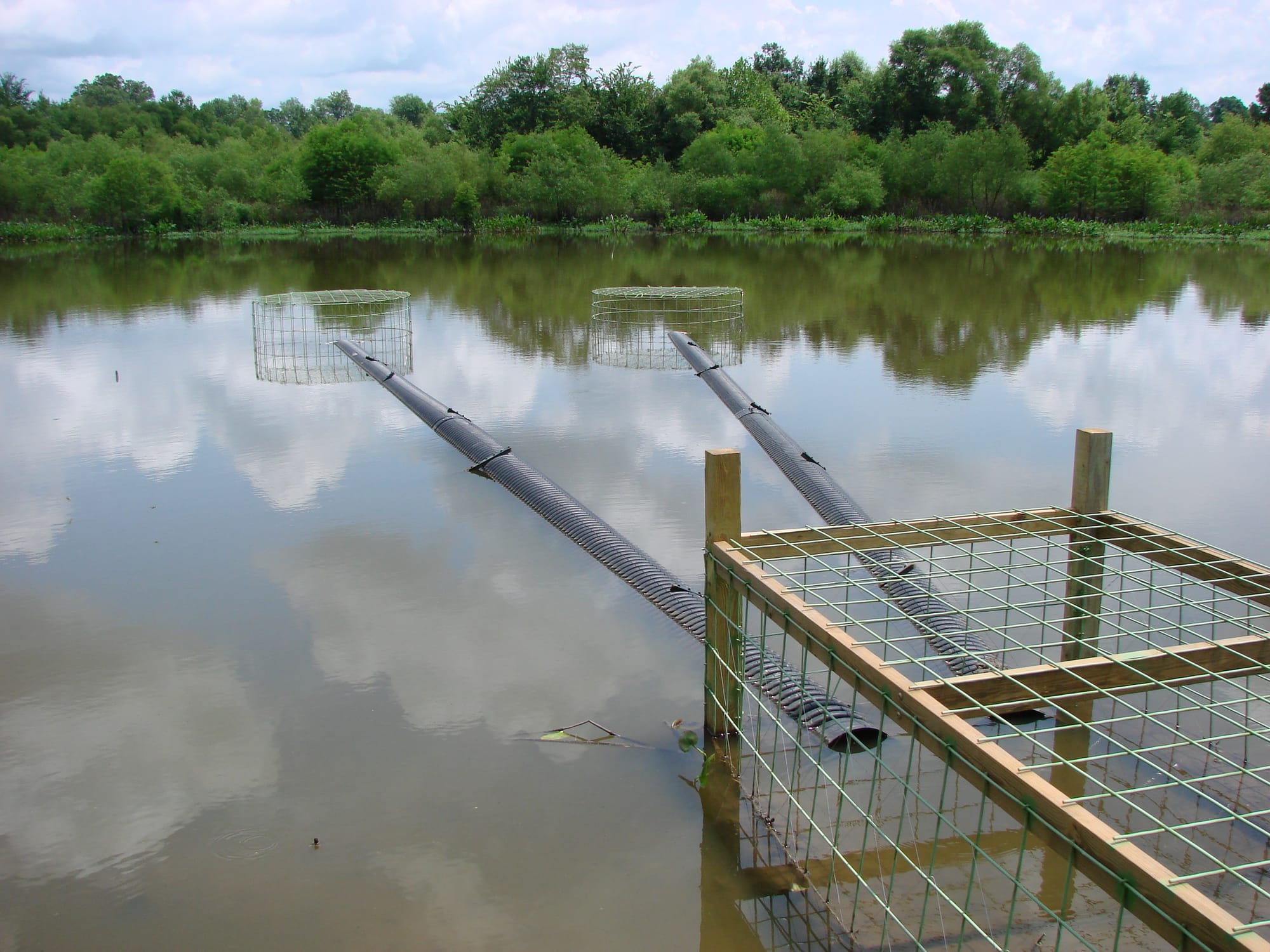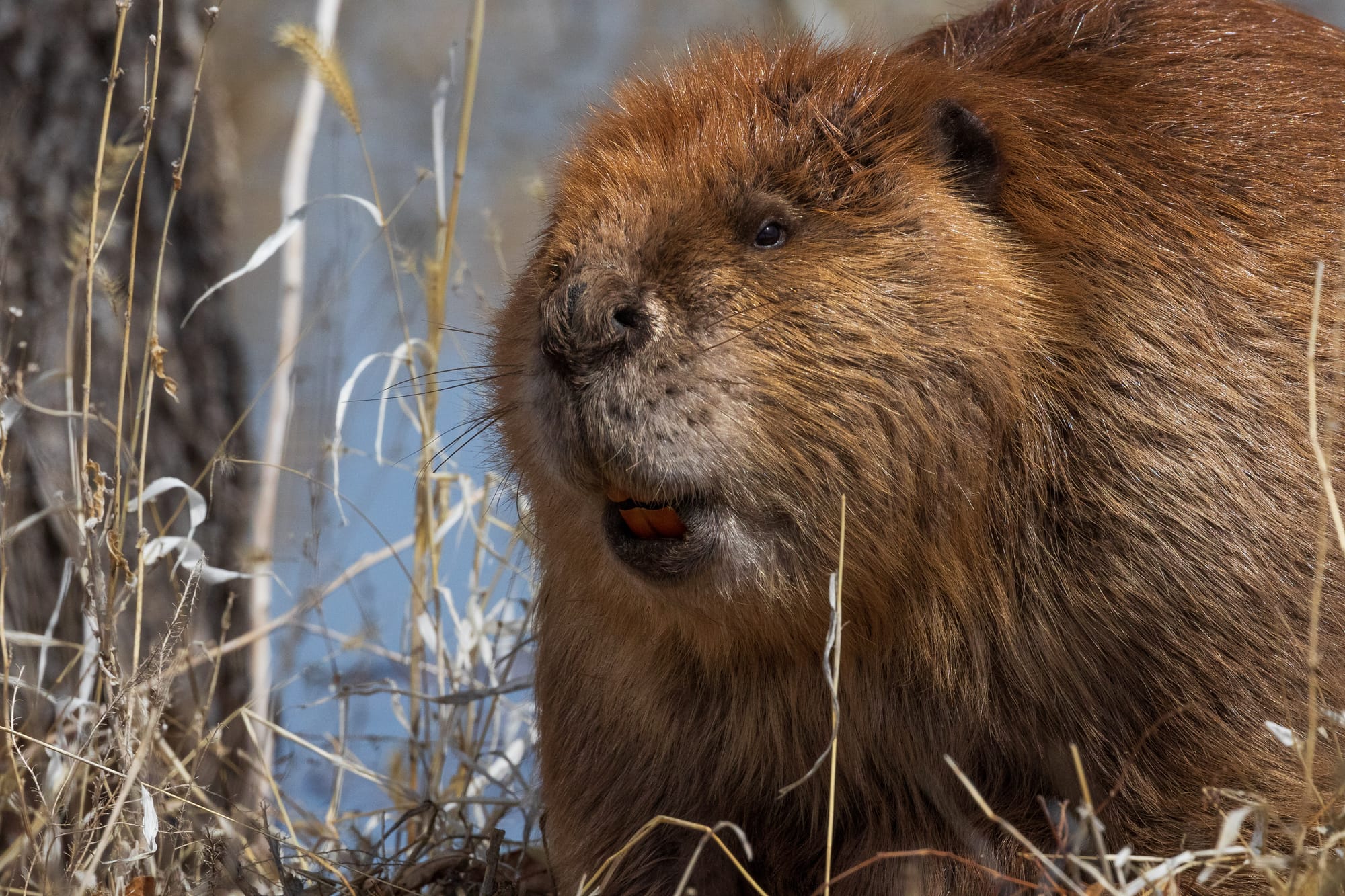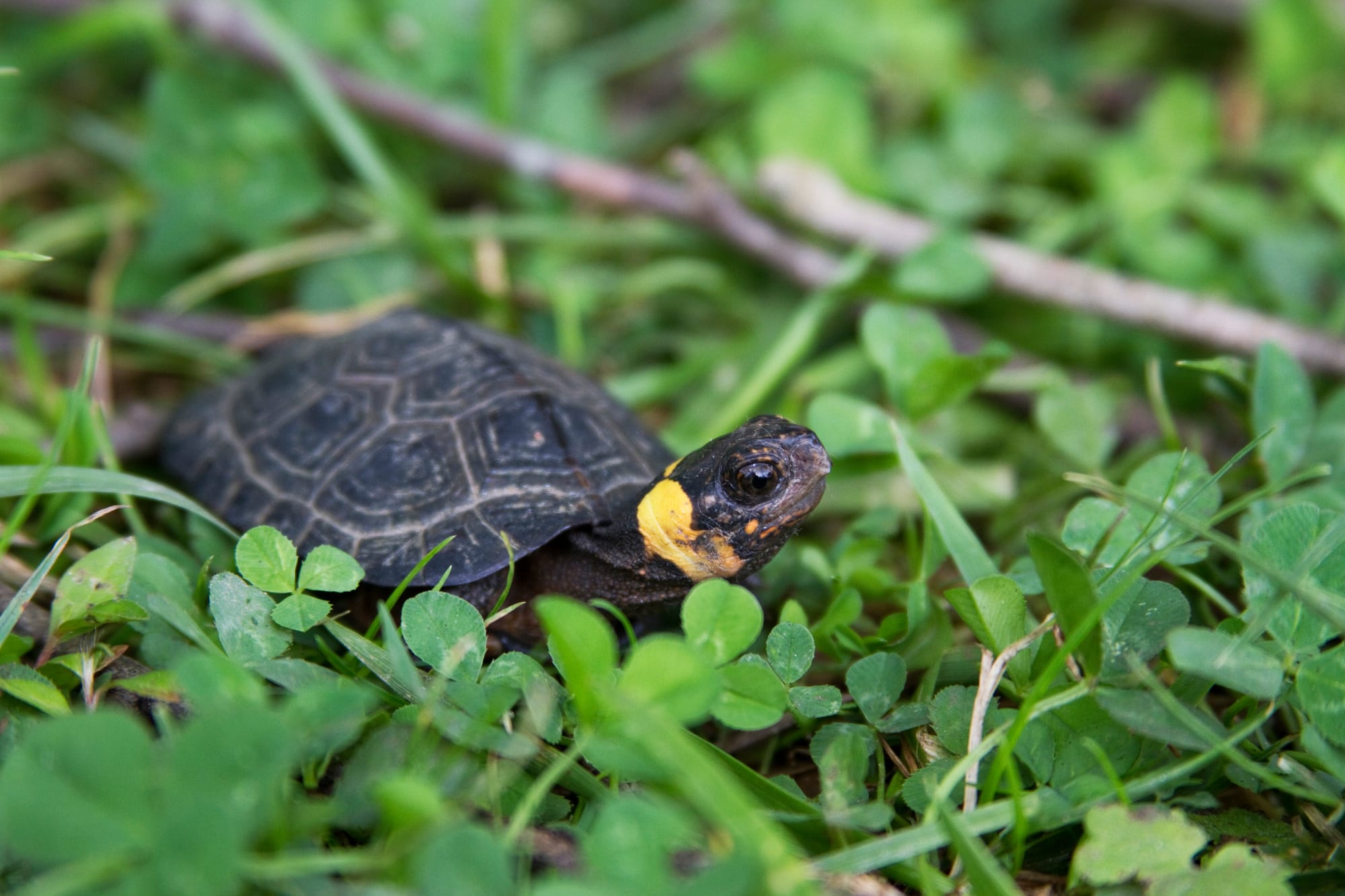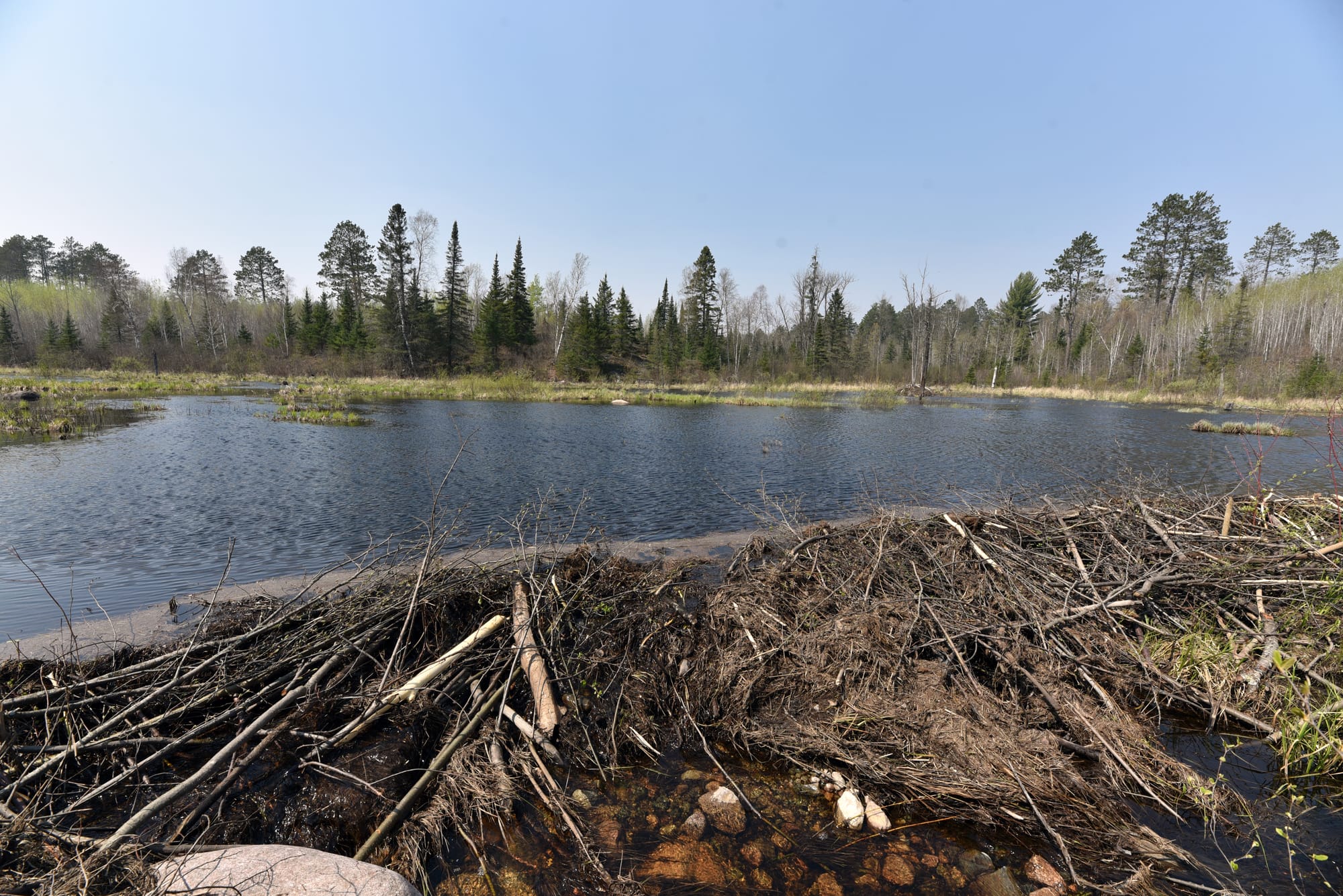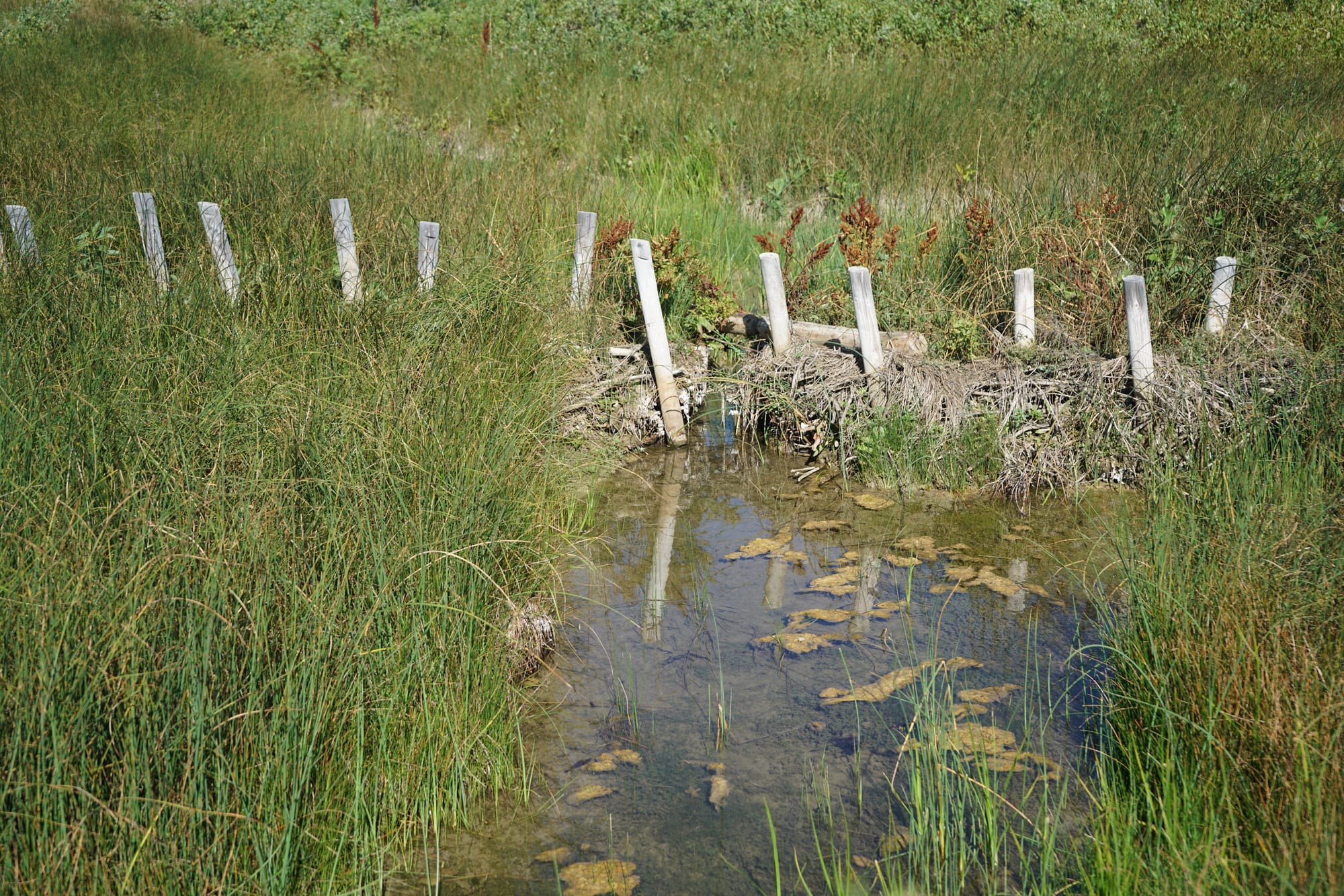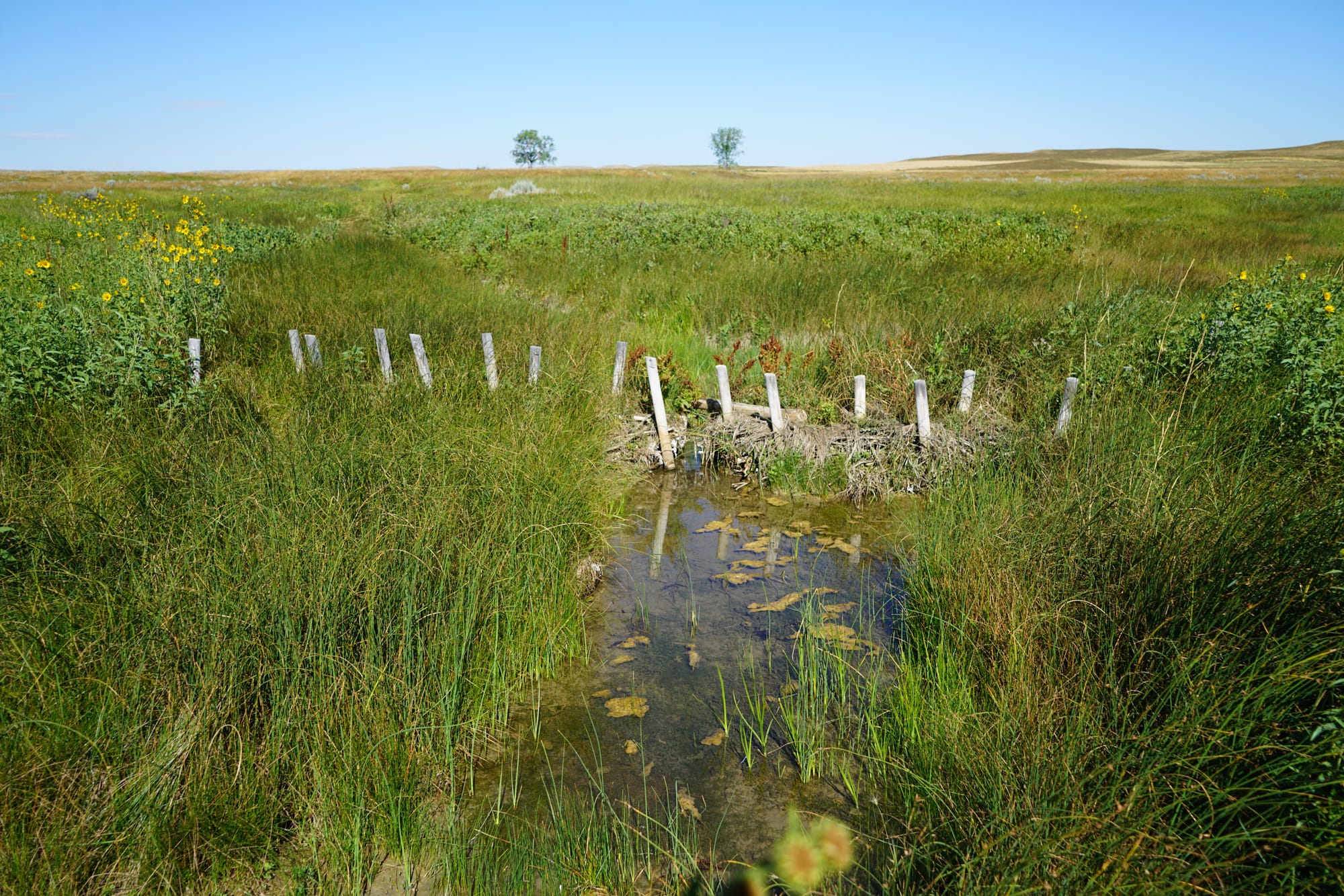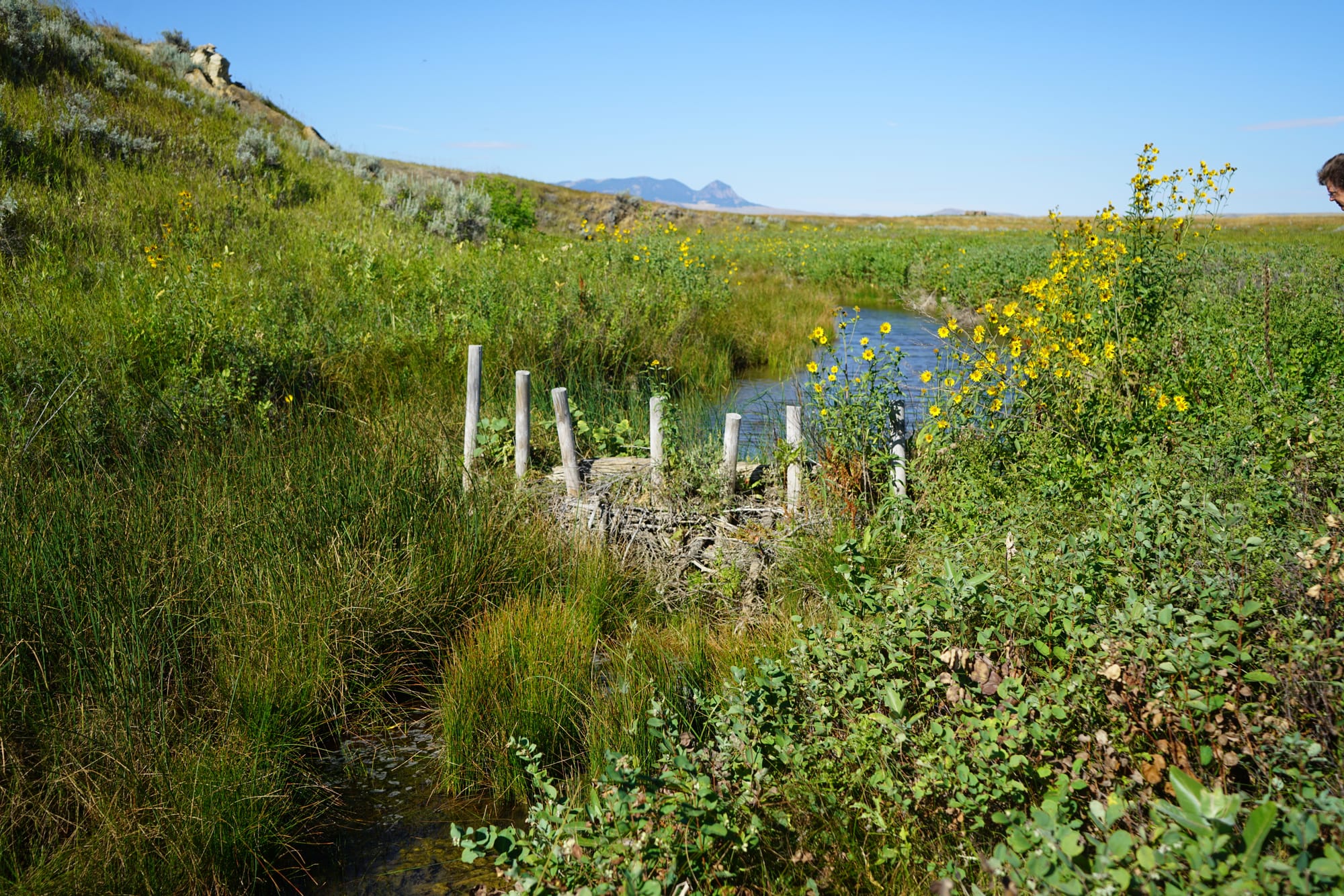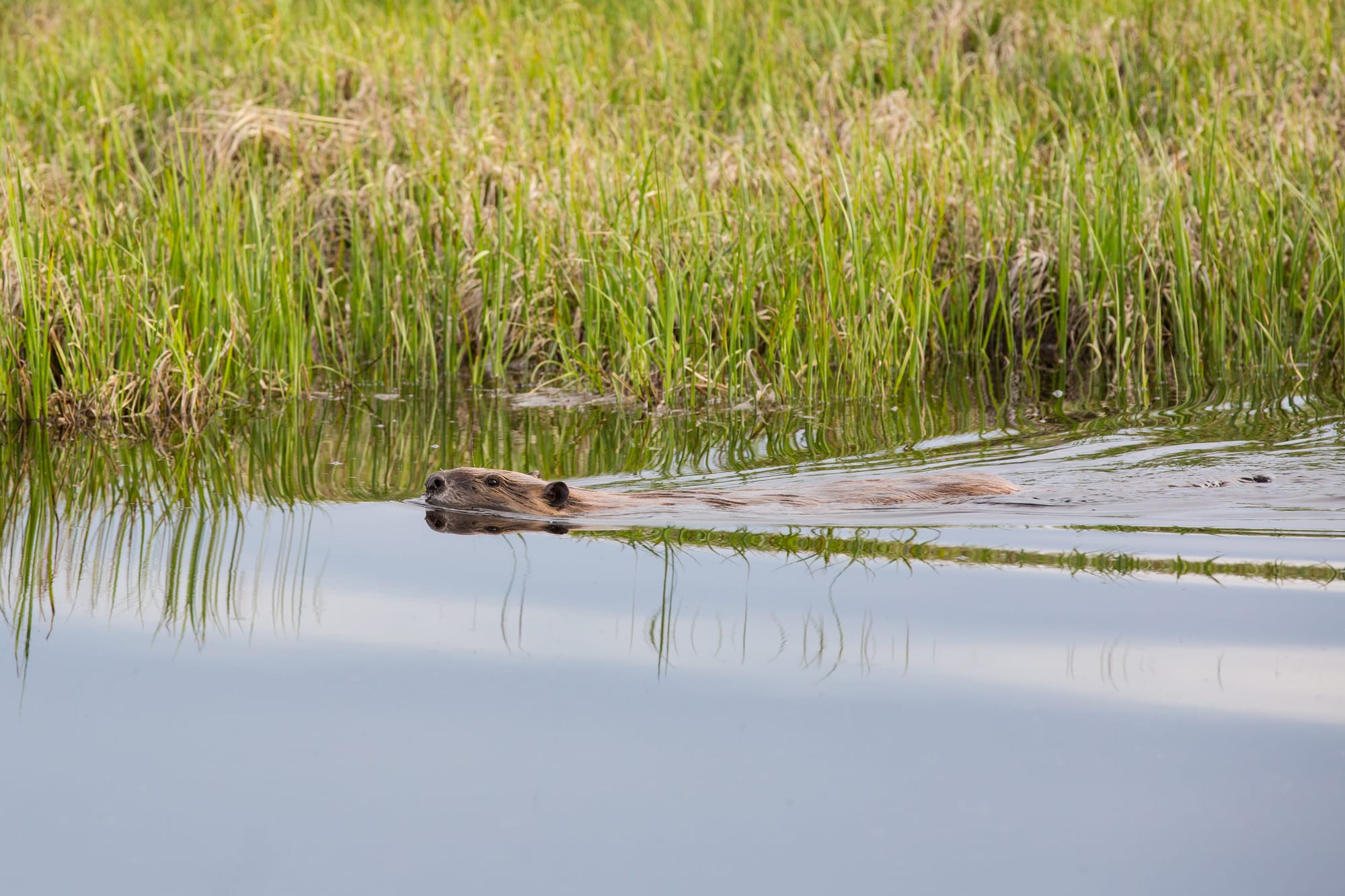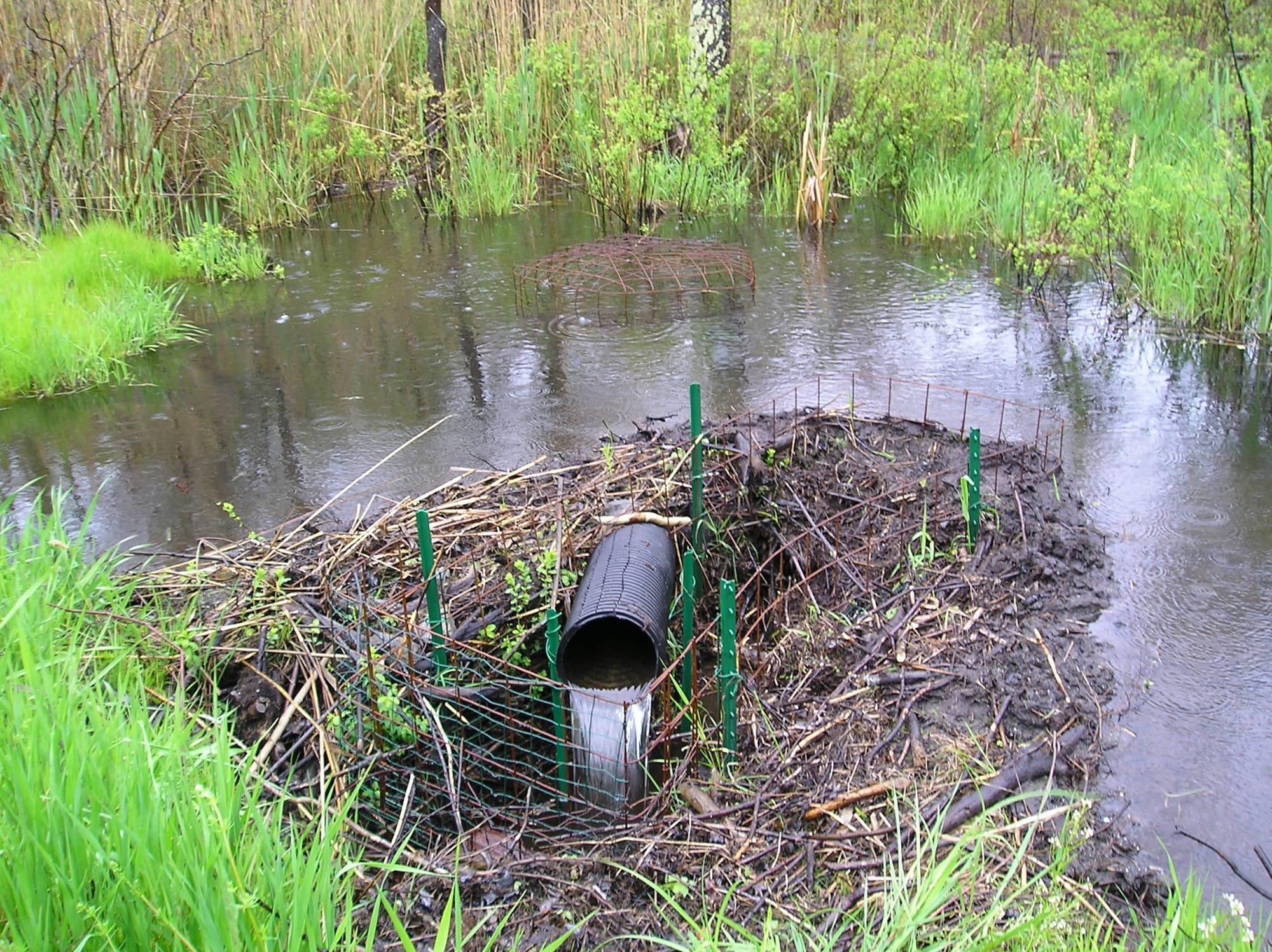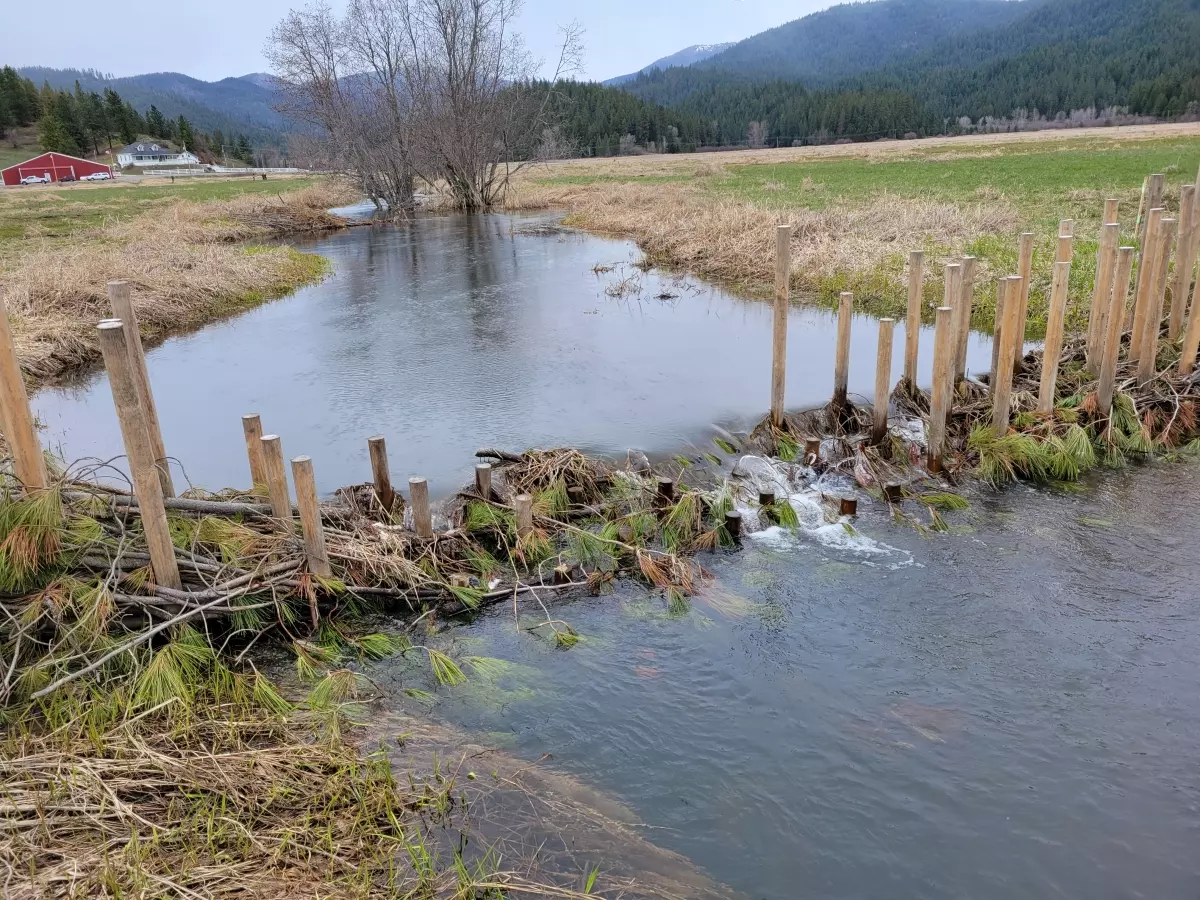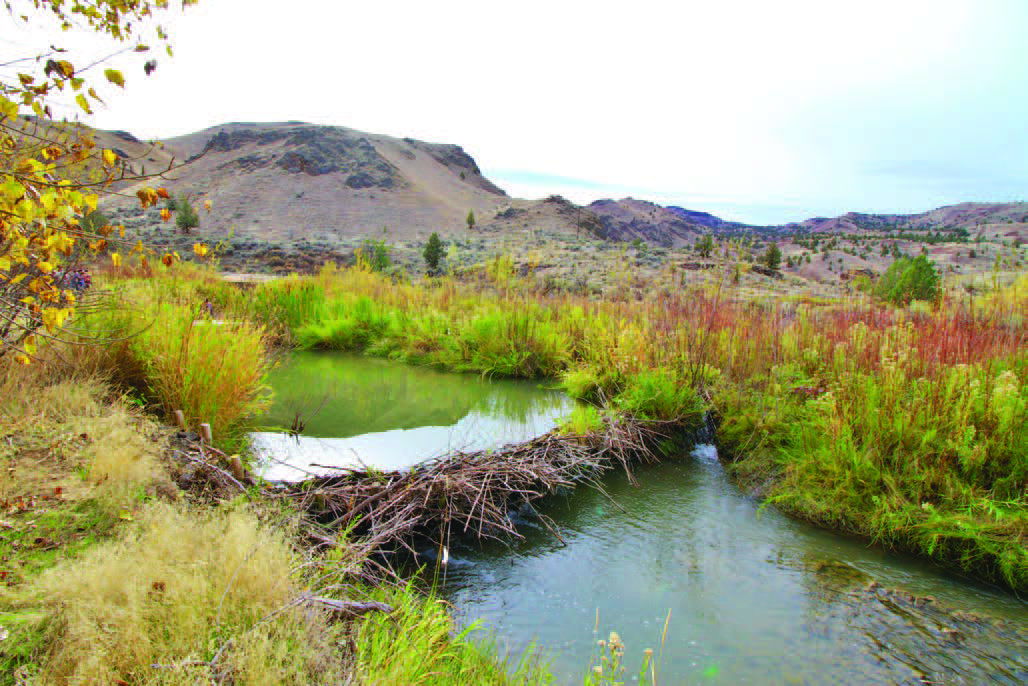Louisville Public Media's Derek Parham recently interviewed SEBA member Evan Patrick on the work of Bernheim Forest and Arboretum's volunteer 'Beaver Brigade' to change the relationship the park and local community have with beavers.
Southeast Beaver Alliance
Encouraging harmony between humans and beavers for the benefit of water quality and the environment in the southeastern United States.
News
Purpose
Core Values
That beavers and their ponds become recognized as viable partners in aquatic habitat restoration, improvement of water quality, groundwater recharge and wildfire management.
Learn MoreAbout the Alliance
The Southeast Beaver Alliance is a dedicated group of environmental professionals working collaboratively and united by a shared vision: to foster healthy and resilient ecosystems in the Southeast through a greater understanding and appreciation of the North American beaver (Castor canadensis).
Learn MoreMission
Beavers are recognized as a keystone species for the aquatic habitat their ponds create. We want to change attitudes that beavers are not a nuisance species but a partner in restoring degraded streams and wetlands.
Learn MoreGoals
We aim to highlight beavers' crucial role in ecosystem restoration and promote peaceful coexistence with humans, addressing concerns about infrastructure flooding and tree damage. Beaver pond levels can be managed by using a combination of fencing and piping to install "pond levelers" that reduce flood damage to infrastructure and protect trees from damage.
Learn MoreEvents
Beavers do so much for our environment! From restoring habitats to improving water quality, they are a key species when it comes to protecting the ecosystem and making a better world for us all. The Southeast Beaver Alliance will lead you on a walk and talk around the Preserve about everything you need to know on beavers.
SEBA Chair Tony Able will be presenting at this online webinar on how beavers can serve as critical partners in the restoration of streams and wetlands to promote environmental health.
The Spanish Fort City Council is scheduled to vote on Oct. 6th on a proposal to contract the federal government to trap and kill a number of wild animal species the city considers to be a "nuisance," including beavers, coyotes, muskrats, and nutria. Please join Tracy Winter Glover, representing her organization ARC, who will be speaking against the proposed contract.
Several SEBA members will be presenting at this conference on how beavers are beneficial to stream ecology and restoration.
The Southeast Beaver Alliance is proud to present our first Southeast Virtual Beaver Summit! Please join us for this FREE event. Miss this event? Watch the recording here: https://www.youtube.com/watch?v=YReZltx6ms4
COMMITTEES
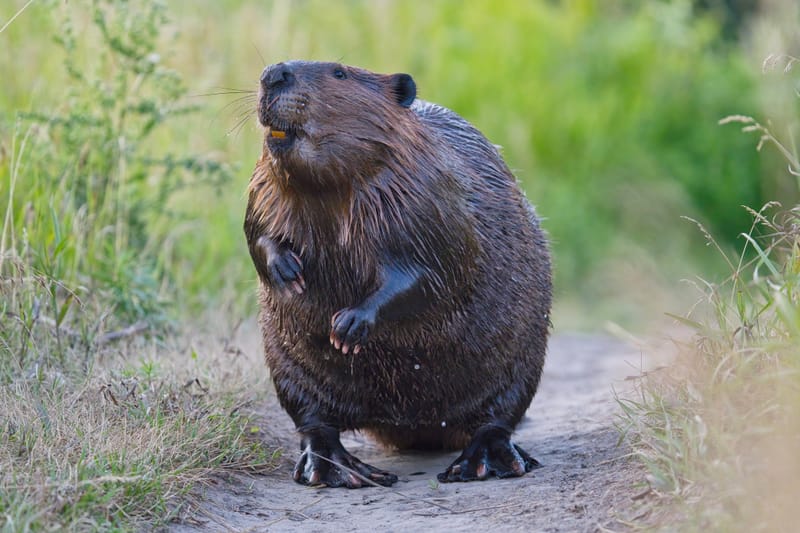
Education & Outreach Committee
The Education & Outreach Committee works to reshape the narrative of beavers in the Southeast by uplifting their role as ecosystem engineers and partners in watershed resilience. We connect people with knowledge, skills, and experiences that empower communities to celebrate and coexist with beavers.
Learn More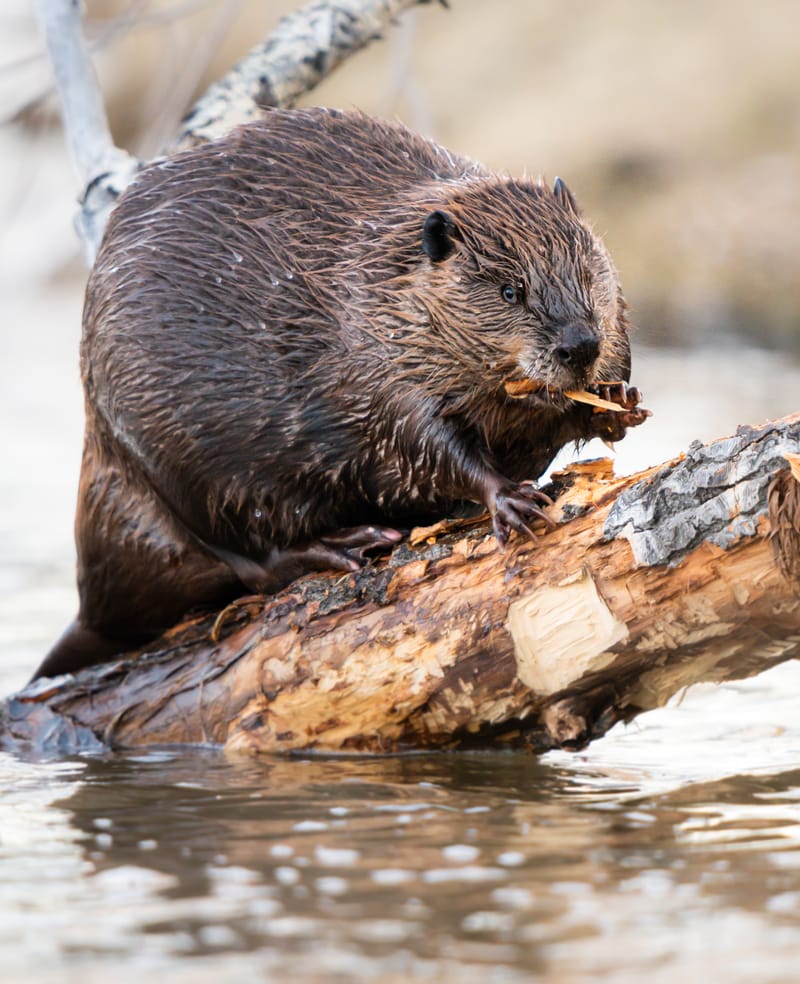
Policy
The Policy Committee is in charge of developing, reviewing, and recommending policies that impact beavers in the Southeast. Check out our 'Public Comments' page to read some of our past work.
Learn More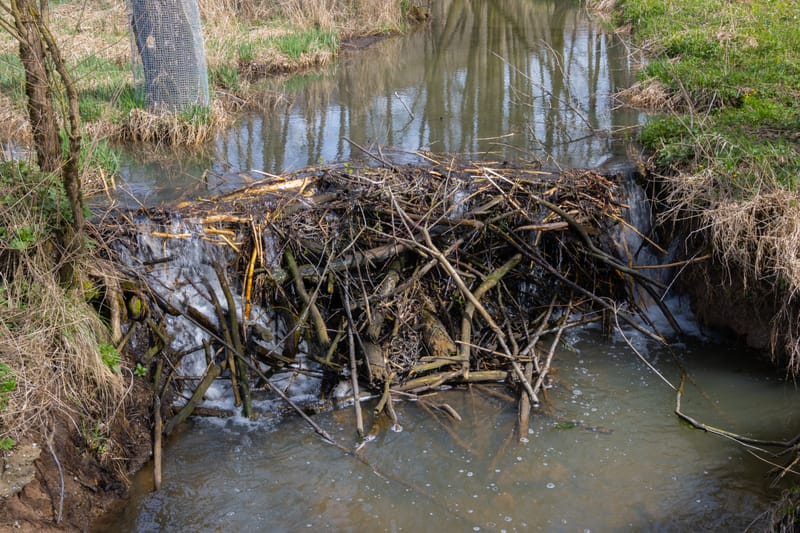
Restoration & Coexistence
The Restoration & Coexistence Committee promotes nature-based solutions that recognize beavers as partners in watershed restoration. Through training, technical support, and collaborative problem-solving, we help communities adopt adaptive coexistence strategies that enhance ecological function, biodiversity, and climate resilience.
Learn More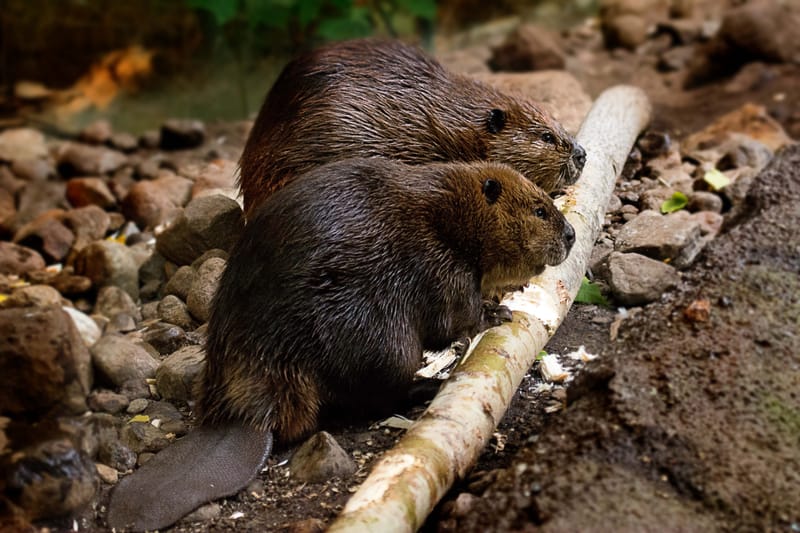
Science & Research
The Science & Research Committee works to deepen our regional understanding of how beavers shape landscapes, hydrology, and biodiversity. We promote interdisciplinary research, data accessibility, and practical science communication to support watershed health and coexistence strategies throughout the Southeast.
Learn More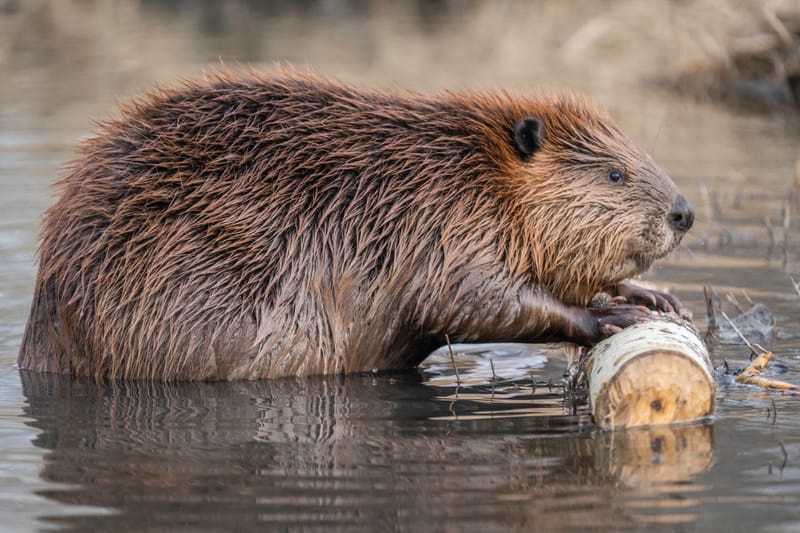
Strategy Planning & Implementation
The Strategy Planning & Implementation Committee leads strategic planning and coordinate alliance-wide efforts that advance resilient beaver ecosystems and community-centered coexistence across the Southeast.
Learn MoreLEADERSHIP
Beaver Facts
Did you know?
Wetland Wonders
Water Purifiers
Flood and Drought Buffers
Habitat Heroes
Erosion Control Experts
Groundwater Recharge
Improved Fish Habitat
Nutrient Cycling
Resilience Builders
Ancient Allies
Ecosystem Engineers
Coexistence
The Southeast Beaver Alliance believes that humans and beavers can thrive in shared landscapes. While beaver activity can sometimes lead to conflicts, nonlethal mitigation strategies offer effective and sustainable solutions that benefit both people and the environment. Instead of resorting to trapping and killing, we champion methods that allow us to coexist with these natural engineers.Effective coexistence involves understanding beaver behavior and implementing proactive measures. Techniques such as flow control devices (like pond levelers and culvert protectors) can manage water levels and prevent flooding without harming beavers. Other strategies include tree protection (wrapping or painting tree trunks).Okay, let's delve into how these nonlethal mitigation techniques work:
Flooding Mitigation
These devices are designed to manage water levels in areas where beaver dams might cause flooding, without removing the dam or harming the beavers. The underlying principle is to allow water to flow through the dam in a way that doesn't trigger the beavers' instinct to stop the flow. Common types include:
- Pond Levelers: These typically consist of a pipe that is installed through the beaver dam, with one end upstream and the other downstream.The upstream intake is usually protected by a cage or fencing to prevent beavers from plugging it with debris. The outlet downstream is set at a desired water level. Water flows through the pipe, maintaining a pond level that is acceptable to both beavers and humans. Because the outflow isn't a significant or noisy leak in the dam itself, the beavers are less likely to try and block it.
- Culvert Protectors: These are structures, often cages or fences, placed around culvert openings that beavers tend to dam.The protector prevents the beavers from accessing the culvert entrance to build a dam directly in it, thus ensuring continued water flow through the culvert.
In essence, flow control devices work by subtly managing the hydrology in a way that accommodates both beaver activity and human needs.
Tree Protection
This involves physically protecting individual trees that beavers might otherwise fell for food or dam-building material. Common methods include:
- Wire Mesh or Netting: Wrapping the base of a tree trunk with sturdy wire or netting makes it difficult for beavers to gnaw through the bark.The protective barrier should be high enough to prevent beavers from reaching the trunk above it, especially when standing on snow or debris.
- Fencing: For protecting groups of trees or sensitive areas, temporary or permanent fencing can be erected around the perimeter to exclude beavers.
Tree protection focuses on making specific trees less appealing or accessible to beavers, thus preventing damage to valuable vegetation. By embracing these nonlethal approaches, we can minimize human-beaver conflicts while allowing beavers to continue providing their invaluable ecosystem services. Choosing coexistence means cleaner water, healthier wetlands, and more resilient landscapes for all.
Public Comments
Read our feedback submitted to several proposed permits and policies below:
Resources
COLLABORATORS
- Decatur, Georgia, United States
General inquiries for the Southeast Beaver Alliance. We will respond soon.
ACKNOWLEDGEMENTS
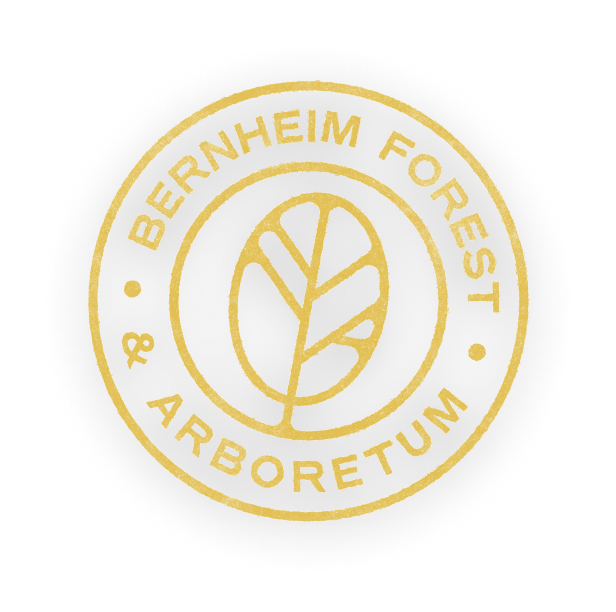
Bernheim Forest & Arboretum
Thank you to Bernheim Forest and Arboretum for sponsoring the SEBA website! Bernheim Forest and Arboretum is 16,000+ acres of pristine, wild forest in Clermont, Kentucky. Founded by Isaac W. Bernheim in 1929, our mission is connecting people with nature and we welcome ALL guests to explore our wildness. Since their founding, Bernheim Forest has protected the flora and fauna of this critical watershed and have become nationally recognized for our conservation and visitor engagement efforts. In the next 100 years, they commit to protecting while continuing to provide a unique, inspiring outdoor experience to future generations.


